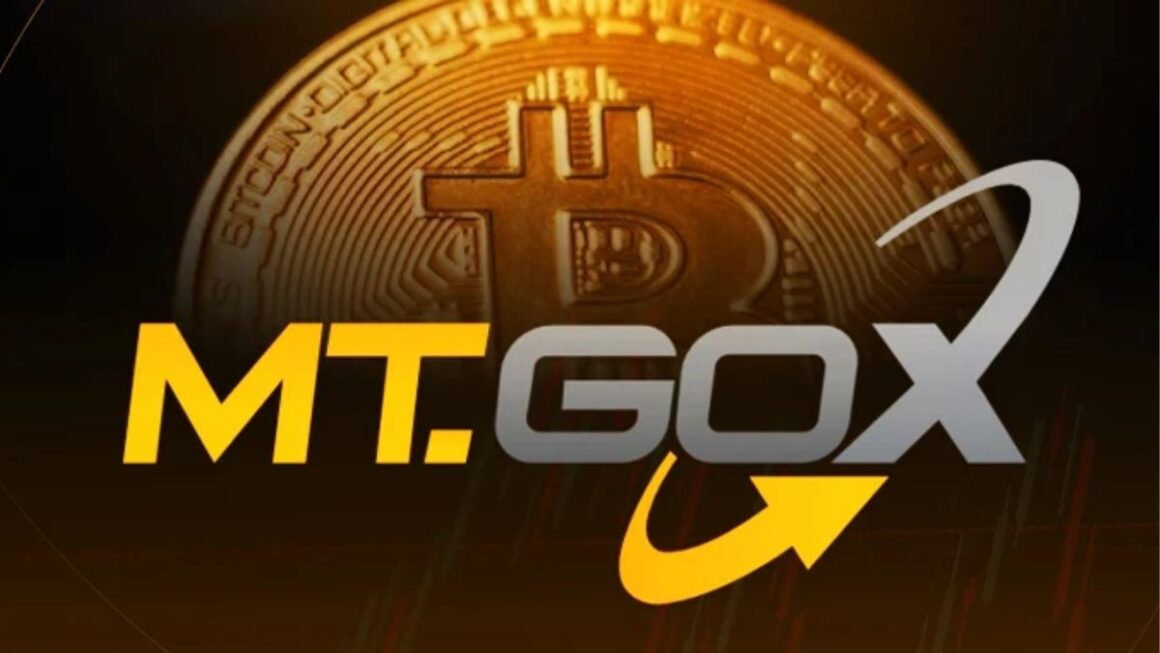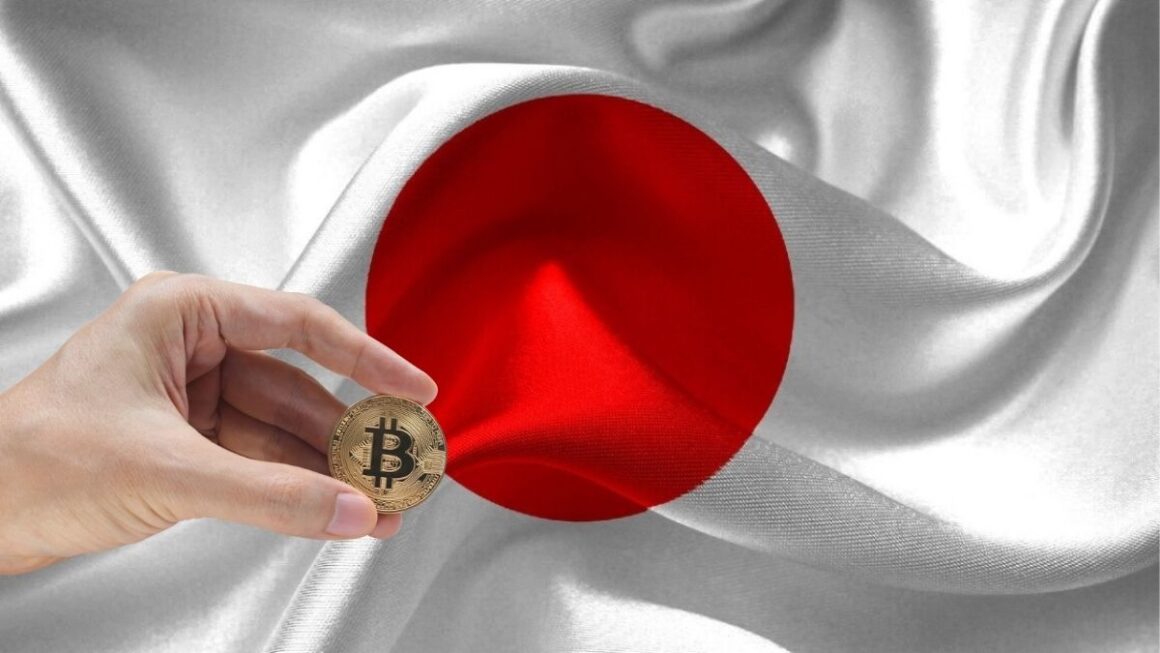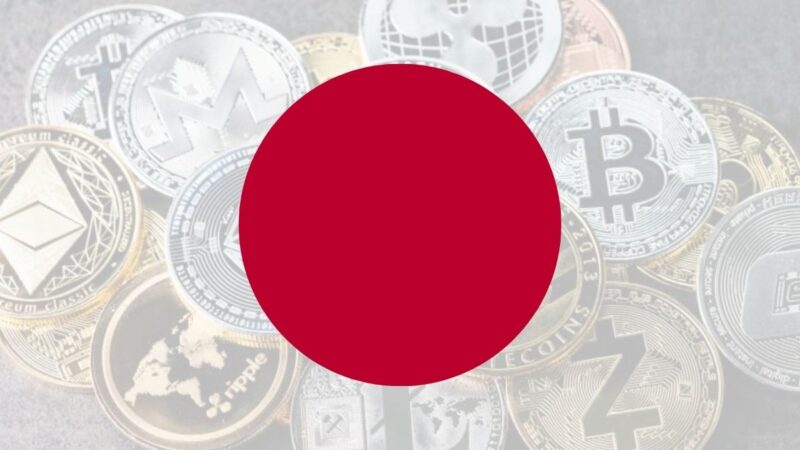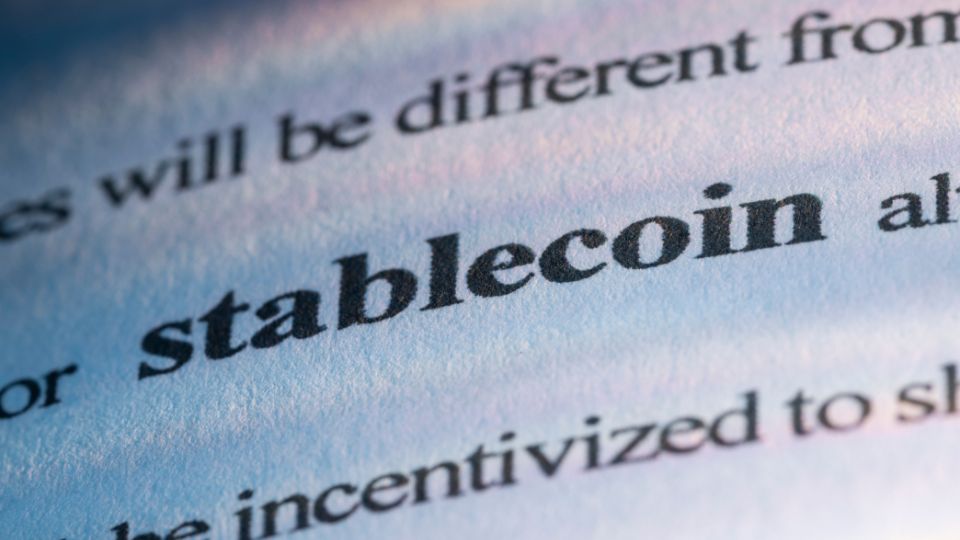Japan, a nation renowned for its technological advancements, has experienced a significant impact from the cryptocurrency boom in recent years. Despite facing challenges such as major hacking incidents, Japan has proactively adapted by implementing stringent regulations and forming specialized groups to oversee cryptocurrency activities.
These measures include comprehensive laws on crypto taxation, anti-money laundering protocols, and other legal frameworks to ensure a secure and transparent crypto environment. This article explores Crypto in Japan’s journey navigating this volatile world of finances, highlighting the country’s innovative approach to integrating digital finance within its robust regulatory landscape

History of Cryptocurrency in Japan
Japan’s fascination with cryptocurrency began in 2010, when Bitcoin was first introduced to the country. Initially met with skepticism, cryptocurrency gained traction in 2014, following the collapse of the Mt. Gox exchange. Despite this setback, Japan continued to embrace cryptocurrency, with the government recognizing it as a legitimate form of payment in 2016.
MT.GOX: The hack that started everything
In order to understand the background of the strict regulations for crypto in Japan, we need to mention what happened with Mt.Gox.
Mt.Gox was a Tokyo-based cryptocurrency exchange that operated from 2010 to 2014. Initially, it started as a platform for trading cards from the game “Magic: The Gathering Online,” hence the name “Mt. Gox” (Magic: The Gathering Online Exchange). By early 2014, Mt. Gox handled over 70% of all Bitcoin transactions globally.
However, in February 2014, Mt. Gox suspended trading, closed its website, and filed for bankruptcy after discovering that approximately 850,000 bitcoins were missing. This massive loss was valued at around $450 million at the time(Aroud $50,107,415,000 now). Although 200,000 bitcoins were later recovered, the incident significantly impacted the cryptocurrency market.

The collapse of Mt. Gox led to increased scrutiny and regulatory measures in the cryptocurrency industry in Japan. The exchange’s downfall highlighted the need for better security practices and regulatory oversight to protect investors and maintain market stability.
How does the Crypto in Japan is approached by the goverment
Japan has taken a proactive stance on cryptocurrency, becoming one of the first countries to regulate the industry comprehensively. The Japanese government first mentioned cryptocurrency in 2014, following the infamous Mt. Gox hack, which highlighted the need for regulatory oversight.
In 2017, Japan officially recognized Bitcoin and other digital currencies as legal property under the Payment Services Act. This move marked the beginning of a series of regulatory measures aimed at ensuring the security and stability of the crypto market. The Financial Services Agency (FSA) has since played a crucial role in overseeing cryptocurrency exchanges and implementing anti-money laundering (AML) and counter-terrorism financing (CFT) measures.
Japan’s approach includes strict requirements for exchanges, such as separating customer assets from exchange assets and keeping most assets in cold wallets to prevent hacking. Additionally, the country has developed specific guidelines for stablecoins, ensuring that only banks, fund transfer service providers, and trust companies can issue them.

Taxation for the Crypto in Japan
In Japan, cryptocurrency income is taxed as miscellaneous income. The tax rates range from 5% to 45%, depending on your total income and tax bracket. Additionally, residents must pay a 10% inhabitant tax, making the effective tax rate on cryptocurrency income between 15% and 55%.
You need to report your cryptocurrency earnings if they exceed ¥200,000 in a financial year. This includes profits from trading, mining, and staking cryptocurrencies.
Market Trends for Crypto in Japan
Japan’s cryptocurrency market is characterized by:
- High adoption rates: Japan has one of the highest rates of cryptocurrency adoption globally.
- Institutional investment: Japanese institutional investors, such as pension funds and banks, are increasingly investing in cryptocurrency.
- Regulated exchanges: Japan is home to numerous regulated cryptocurrency exchanges, including BitFlyer, Rakuten, and SBI VC Trade.
- Innovation: Japan is a hub for cryptocurrency innovation, with developments in areas like blockchain, DeFi, and NFTs.
Future Prospects for Crypto in Japan
Japan’s cryptocurrency market is poised for continued growth, driven by:
- Government support: The Japanese government has announced plans to create a cryptocurrency-focused hub in the country.
- Increased adoption: Growing awareness and understanding of cryptocurrency will drive adoption among individuals and institutions.
- Regulatory clarity: Japan’s clear regulatory framework will continue to attract businesses and investors.
- Innovation: Japan’s innovative spirit will ensure the country remains at the forefront of cryptocurrency development.

Conclusion
Japan’s cryptocurrency journey has been marked by remarkable growth, innovation, and resilience. As the country looks to the future, several factors will shape the trajectory of its cryptocurrency market:
Government Support: The Japanese government’s proactive approach will continue to foster a favorable environment for cryptocurrency businesses and investors.
- Mainstream Adoption: Increasing awareness and understanding will drive adoption among individuals, institutions, and corporations, leading to greater integration into everyday life.
- Regulatory Evolution: Japan’s regulatory framework will continue to adapt to emerging trends and technologies, ensuring a balance between innovation and consumer protection.
- Technological Advancements: Japan’s innovative spirit will drive developments in blockchain, DeFi, NFTs, and other areas, solidifying its position as a global cryptocurrency hub.
- Talent and Infrastructure: Japan’s strong talent pool and infrastructure will support the growth of cryptocurrency businesses, ensuring a robust ecosystem.
- Cultural Significance: Cryptocurrency will become increasingly ingrained in Japanese culture, reflecting the country’s fascination with technology and innovation.
As Japan continues to navigate the complexities of the cryptocurrency landscape, its unique blend of government support, innovation, and cultural enthusiasm will ensure its position as a global leader. The future of cryptocurrency in Japan is bright, with vast opportunities for growth, development, and influence on the global stage.
As the industry continues to evolve, Japan’s unique blend of technology, regulation, and enthusiasm will ensure its continued growth and success.
If you enjoyed this article, you might also want to check out our other cryptocurrency articles. You can find our cryptocurrency articles here. We hope you find them useful and interesting. Thank you for reading.





